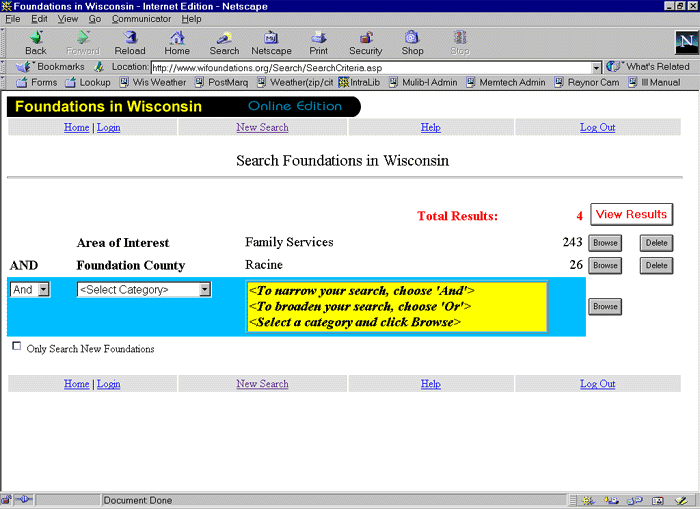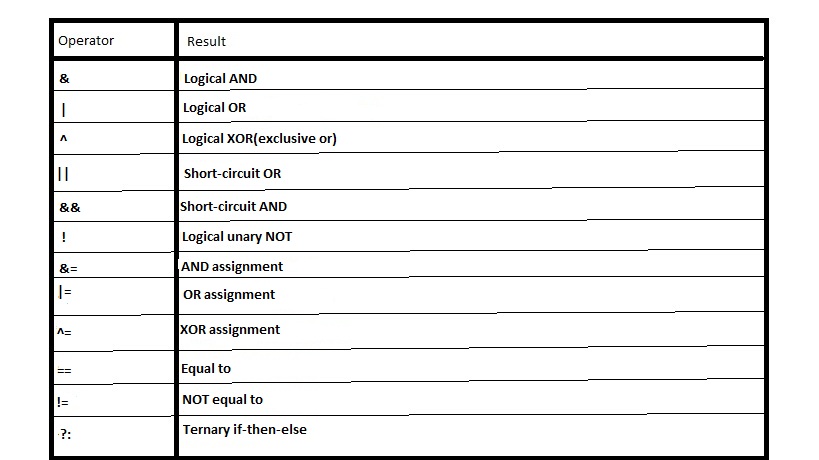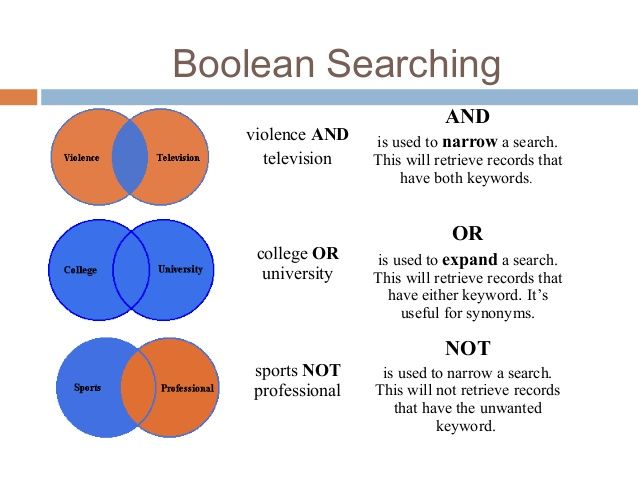


When Boolean operators are used, spaces between words are treated as an implied "and" until another operator is used in the query.This primarily occurs with proper names.įor complex queries using operators, the following should be noted: Note: In certain cases, the search engine will automatically assume that two terms separated by a single space should be treated as a single phrase to increase the accuracy of results. In a simple query where operators are not used, spaces between words are treated as an implied "and" so that the search results will contain documents containing all of the words that have been entered.

BOOLEAN SEARCH OPERATORS DEFINITION HOW TO
The sections that follow will show you how to use a variety of characters and operators to narrow your search.Ī space is used to separate words or operators in a search query. In the list below, the precedence of the operators is from first to last. This is done through the use of operator precedence, which is a way of specifying which operators and expressions are evaluated first, second, and so on. This has not yet been reflected in the below search strategy.Because queries can be very complex and can use several different operators, there needs to be a way to evaluate expressions unambiguously. Since November 2022 it also allows proximity searching. PubMed allows truncation searching, in which an asterisk can substitute variant endings. This is the Concept Table for Medline via PubMed. animal adj3 therapy picks up animal therapy, animal based therapy, animal assisted play therapy, therapy using animals. Adj2 finds terms in any order and with one word (or none) between them.Į.g. To apply adjacency, separate your search terms with the ADJ operator and a number from 1 to 99. behavi o?r picks up behavior and behaviourĪDJn is a positional operator that lets you retrieve records that contain your terms (in any order) within a specified number (n) of words of each other. It is useful for retrieving records with British and American spelling variations because it finds words whether or not the extra character is present.Į.g. The optional wild card character stands for zero or one characters within a word or at the end of a word. therap*3 picks ups therapy and therapies, but not therapeutic Limited right-hand truncation restricts the number of characters following the wordĮ.g. stimulat* picks up stimulation, stimulated, stimulus


 0 kommentar(er)
0 kommentar(er)
